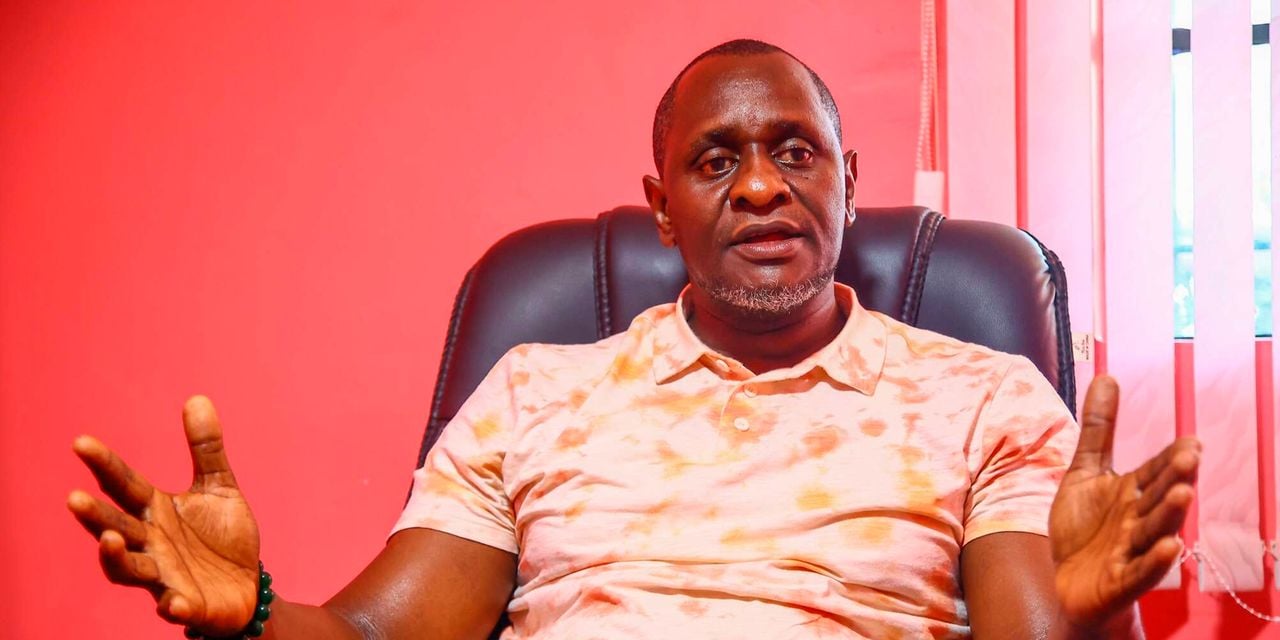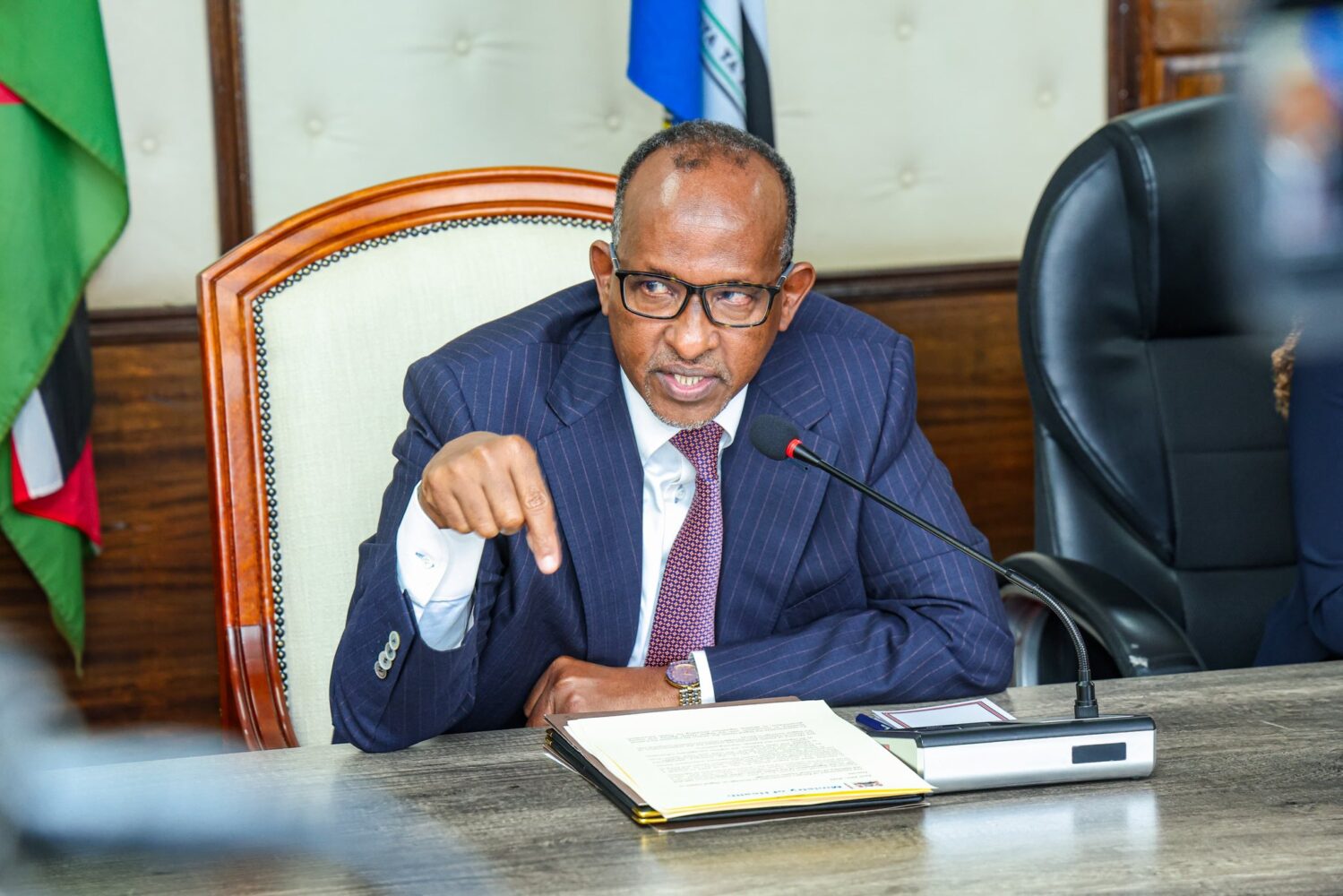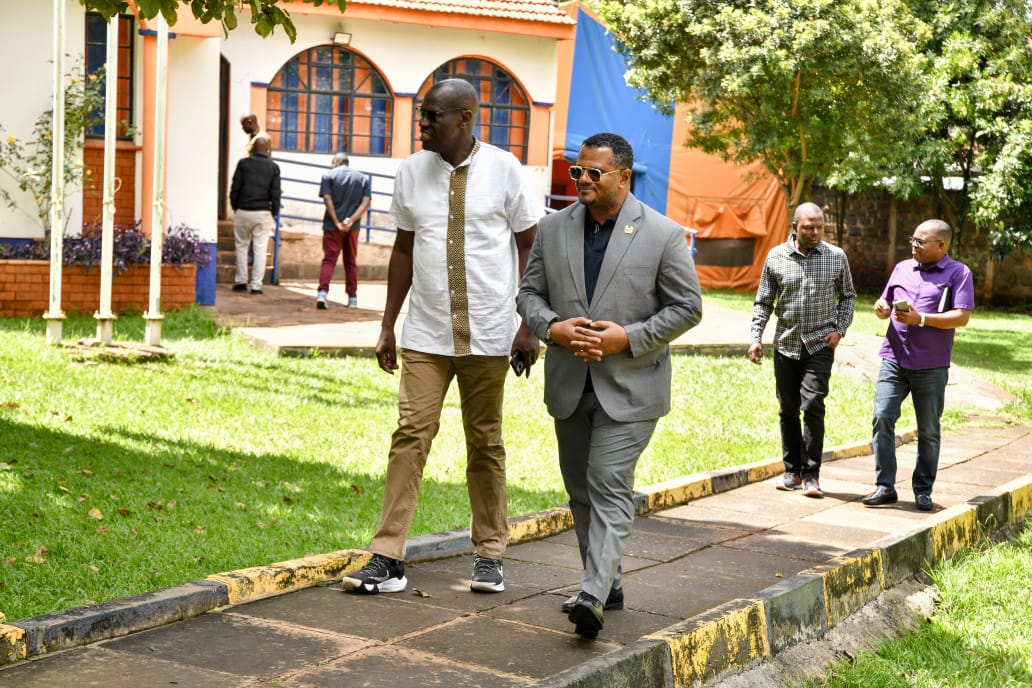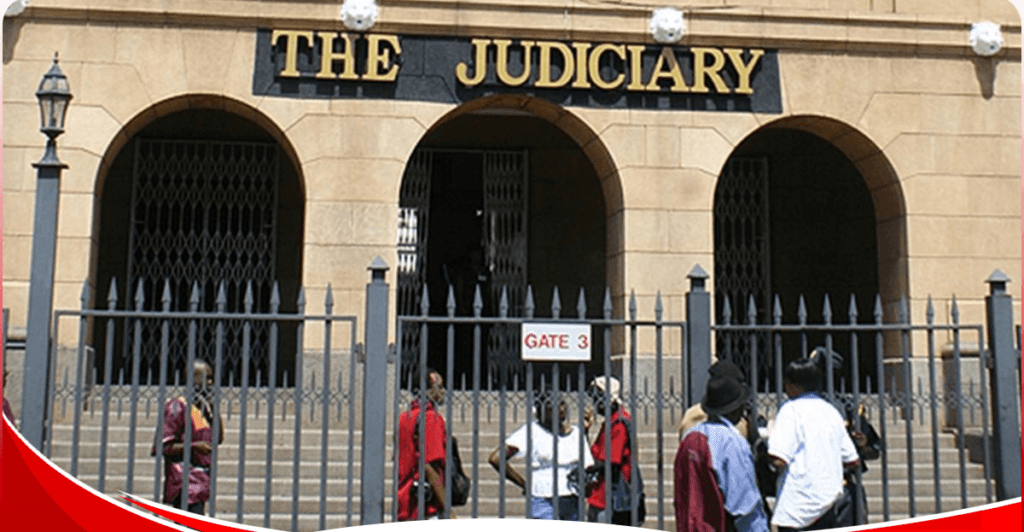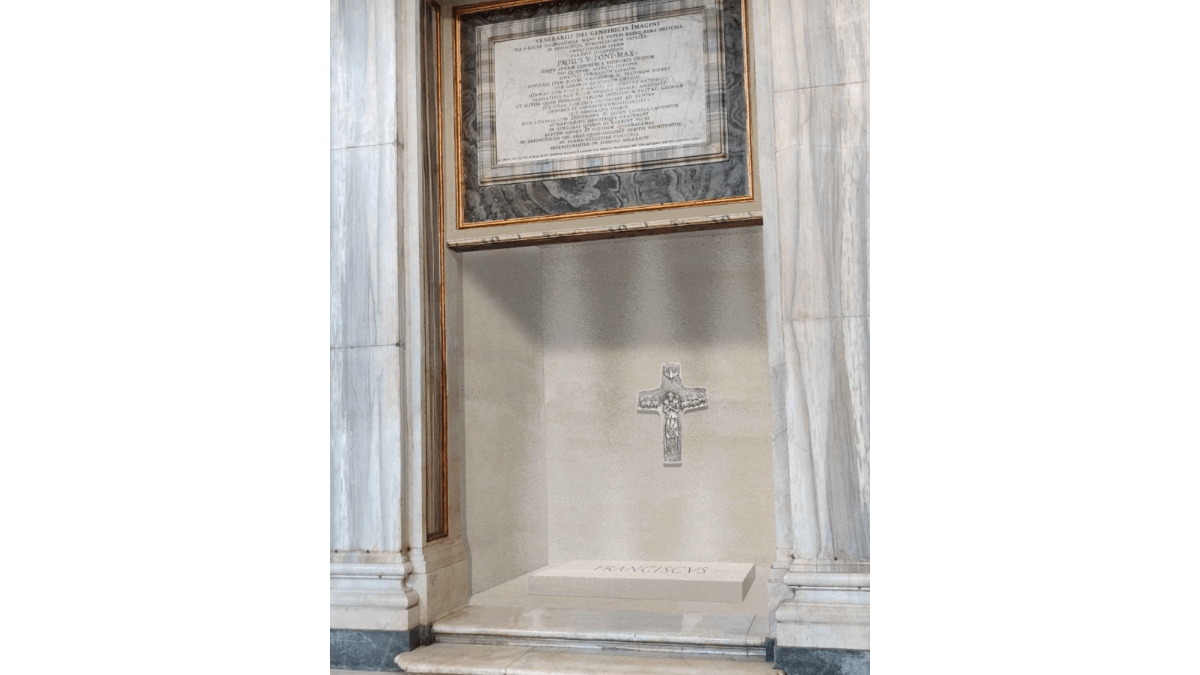In 2019, Peter Nduati – a Kenyan billionaire and owner of Centric Air company – was in the final stages of securing a loan for his business.
But a discovery at the tail end of the process would shock him. The bank told him that he did not qualify for the loan because he had been listed with CRB.
Incensed, Nduati could not fathom how and when he took credit, leave alone defaulting on its payment.
“I am very particular about maintaining a good credit score. The bank could not disclose who had blacklisted me and I was referred to the bureau,” Nduati said in a post on X – formerly Twitter – at the time.

At the bureau, Nduati came to realise that a certain mobile lending app – which we cannot name for legal reasons – had reported him in December 2018.
He knew for a fact that he had never borrowed money from any mobile app.
He later discovered that the phone number used to borrow the loan was not his. However, the digital lender insisted that the number was linked to his national identity card number.
After back and forth, the lender would later clear Nduati, but his credit score was brought to BB, meaning that his chance of defaulting on a loan was 40%.
It was later established that someone had used his identity information and applied for a digital loan with it and defaulted.
Why selfie ID verification is becoming the norm
The switch to the online financial world has presented opportunities, but also unique challenges – such as identity theft and fraud.
With con artists becoming more sophisticated by the day, and the use of false and stolen identities still on the rise, mobile app lenders are improving their identity verification processes to prevent such fraudulent activity.
In addition to impersonation, when a stolen identity is used to access financial services fraudulently it can lead to blacklisting, damage to credit score, and lack of access to credit for genuine borrowers.
KYC (Know Your Customer) processes
Nowadays, there exist fully digital banks, such as Fingo Africa. With such digital services – such as opening a digital current/salary account, digital savings account etc. – you do not have to visit a banking hall at all to open an account. You do it virtually.
But how do they ensure that the KYC processes they use physically apply to the online setting? They ask for digital proof, which includes a picture of your identification card or passport and a real-time selfie.
This way, they can compare the ID and the selfie to ascertain that, indeed, you are who you say you are.
One of the advantages of improved identity verification is wider access to credit for genuine borrowers. With Zenka, for example, successful selfie verification can make one eligible for a higher credit limit, since the applicant is verifiable and differentiated from a scammer.



